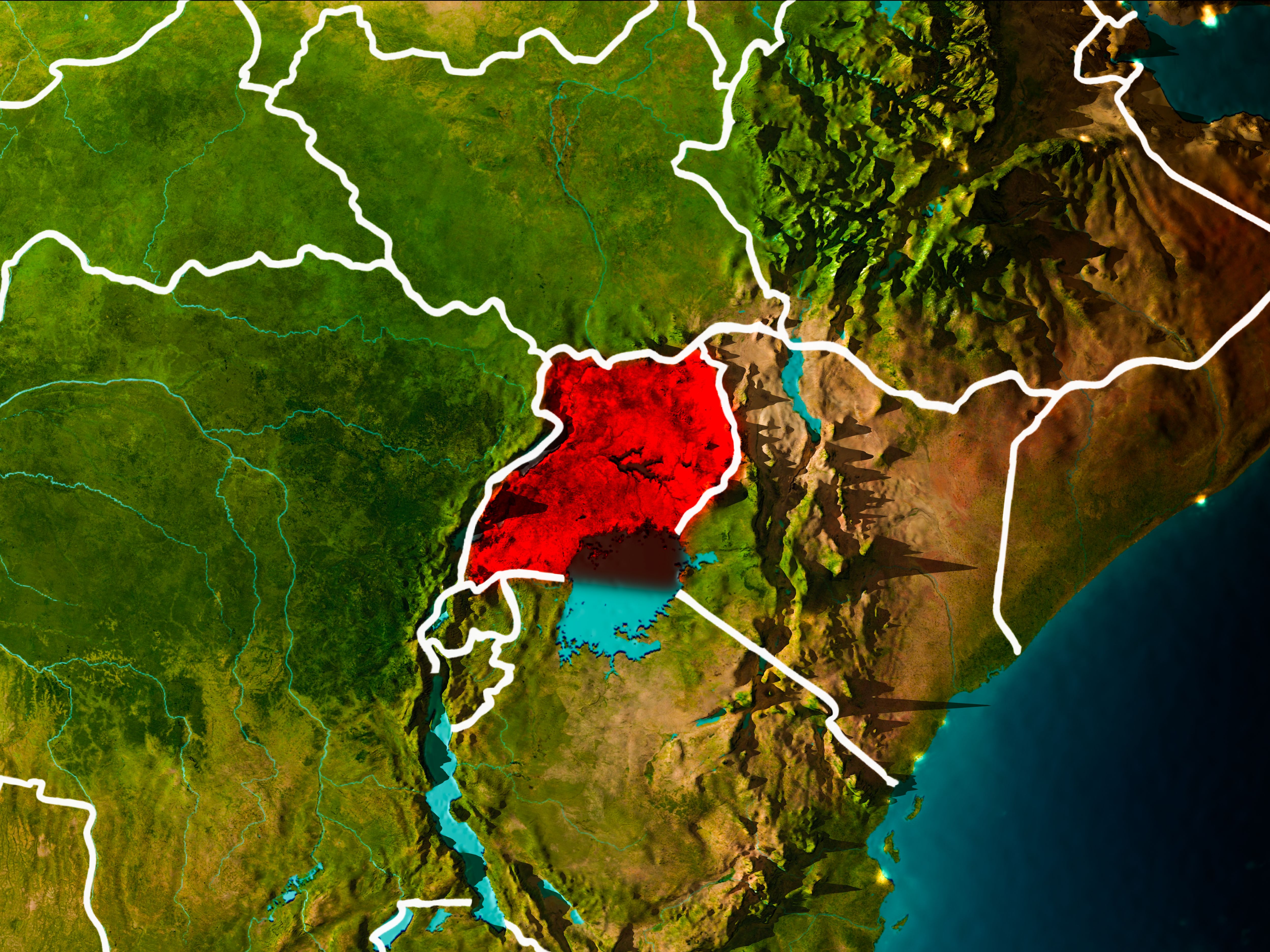Uganda Faces Criticism Over US Migrant Agreement
BR
Background on the Uganda-US Migrant Agreement
Recently, Uganda has come under scrutiny due to an agreement with the United States regarding the resettlement of migrants. The deal, which involves accepting a number of migrants that the US is unable to accommodate, has sparked both national and international debate. This arrangement has been criticized for a variety of reasons, ranging from concerns over national sovereignty to the ability of Uganda to support these new arrivals.

Concerns Over National Sovereignty
One of the primary criticisms leveled against this agreement is related to national sovereignty. Many Ugandans feel that the deal was made without sufficient public consultation or input from local stakeholders. This has led to a broader discussion about the role of international agreements and their impact on the autonomy of developing nations. Critics argue that such agreements should prioritize transparency and inclusivity to ensure that all voices are heard.
Moreover, the decision has raised questions about Uganda's capacity to accommodate an influx of migrants. With existing challenges in infrastructure and public services, many are worried that additional strain could worsen the living conditions for both the current population and new arrivals.
Economic and Social Implications
A major concern is the economic impact of this agreement. Uganda is already grappling with issues such as unemployment and limited resources. Critics argue that absorbing a significant number of migrants could exacerbate these problems, potentially leading to increased competition for jobs and resources. This could create tensions between local communities and migrants, complicating social integration efforts.

On the social front, there are fears about cultural integration and potential conflicts. Uganda is a culturally diverse nation, and the introduction of new communities could lead to cultural clashes if not managed carefully. Proponents of the agreement, however, believe that with proper planning and support, these challenges can be mitigated.
International Reactions
Internationally, reactions have been mixed. Some global leaders have praised Uganda for its willingness to assist with a global issue, highlighting the country's history of welcoming refugees. However, others have criticized the US for outsourcing its migrant responsibilities rather than addressing systemic issues within its own borders.

The agreement has also prompted discussions about global responsibility and equity in handling migrant crises. Many believe that wealthier nations should take on a greater share of the burden, rather than relying on developing countries to manage these challenges.
The Path Forward
As Uganda navigates these criticisms, it faces the challenge of balancing international obligations with domestic priorities. The government has emphasized its commitment to ensuring that any resettlement process is conducted in a manner that benefits both migrants and host communities.
Efforts are underway to strengthen infrastructure and services in anticipation of the new arrivals. These initiatives aim to provide adequate support for migrants while also enhancing opportunities for Ugandans.
Conclusion
The Uganda-US migrant agreement has opened up a complex dialogue about migration, sovereignty, and global responsibility. While there are significant hurdles to overcome, this situation also presents an opportunity for Uganda to demonstrate leadership on the international stage by fostering an inclusive and supportive environment for all its residents.
The outcome of this agreement will likely influence future international migration policies, highlighting the need for collaboration and shared responsibility in addressing global challenges.